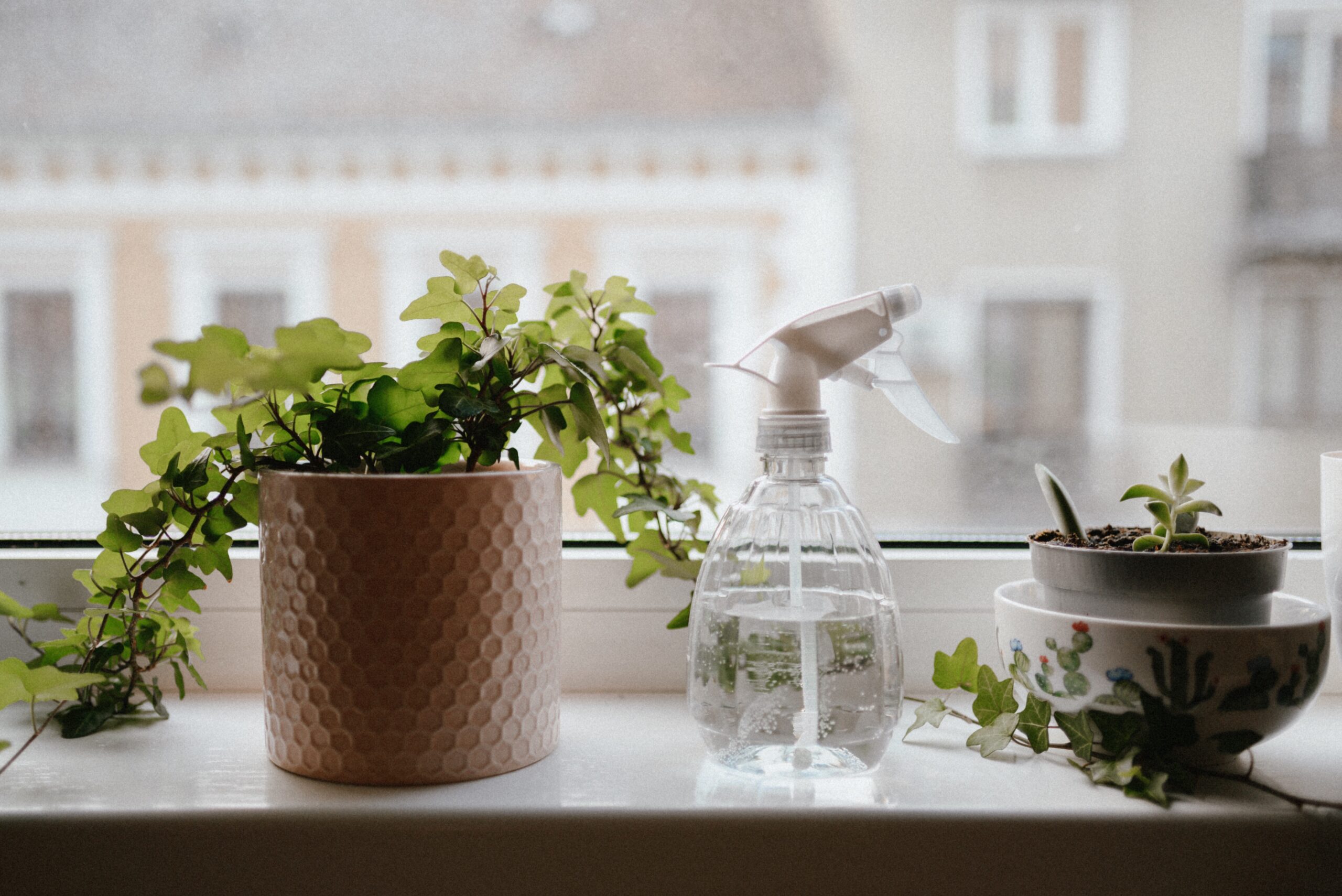Houseplants are a lovely way to bring some more vibrance and life into your space all year round. As with many plants in the winter, you may find that your houseplants need a bit more love and care to continue thriving throughout the season.
If you’re having a bit of trouble caring for your houseplants this winter, know that you’re not alone and that there are ways to keep them happy and healthy!
Factors to observe
Before getting into how to care for your houseplants in the winter, sometimes getting to the source of why your houseplants are having issues thriving in the winter can help you navigate the best steps to take.
There are a few different factors that can influence houseplants issues during the winter time. One of them is light. During the wintertime, daylight savings time and increased cloudy weather can hinder the duration of light that we and our plants are used to during other times of the year.
Another common struggle you may be running into is watering and determining how much or how little water your plant needs, especially as your plant deals with growth changes during this time of the year.
Think about some of the issues your houseplants are facing right now as a first step. Then, take a look at some of our tips and recommendations below to determine where they can apply.
Move your houseplants closer to your sunniest windows
We know that sunlight is one of the main components of a happy and healthy houseplant.
If you are struggling to get the normal hours of sunlight that your plant needs, try making some adjustments such as moving your plant close to your sunniest windows so that it can capture all of the light that it is available. Other options include raising your plants to capture available light or installing grow lights if you really need it.
Stay on top of pruning/grooming
Winter is always a great time to tend to your house plants. Sometimes our houseplants are prone to overgrowing, therefore pruning or trimming back any dead leaves or stems from your plants will encourage healthy new growth come springtime.
While pruning may alter the look of your houseplant temporarily, within a few weeks, your houseplant will look a lot less leggy, more compact and more healthy.
Avoid repotting
If your houseplants aren’t doing well, you may have the urge to want to repot your plant. The truth of the matter is, house plants tend to enjoy compact containers when it comes to their roots, whereas pots that are too big can cause your roots to struggle.
Root growth is a lot slower during this time of the year, therefore it is best to hold off on repotting your plant until the springtime. Doing this will reduce the risk of your roots rotting or potentially overwatering your plants.
No need to overwater
There’s a tendency to overwater your plants when they don’t appear to be doing too well. When plants slow down their growth patterns especially in the winter, they actually don’t require as much water.
When you water your houseplants, be sure to saturate the entire soil surface with water, rather than focusing the water on just one spot. You should also make sure to check your plant once a week for water and of course, give the plant more water if it is an area where it has absorbed a good amount of sun.
Reduce fertilizing for now
Because your houseplants require less water during this time of the year, they don’t require as much fertilizer. You always want to make sure that your plants are moist before feeding. You can increase the amount of feedings you give your plant during the spring time when there are longer days, more sunlight and a stronger need to water.
Clean your plant/plant leaves
One of the biggest culprits to your houseplants during the winter is dust. With indoor plants, dust has the ability to accumulate on the leaves of your plant which can disrupt the photosynthesis process.
Given that light is already scarce during this time of the year, use a gentle plant cleaning solution to gently wipe down your plant leaves with a paper towel and warm water.
Use good quality potting soil
Potting soils that are too heavy are bad news for your houseplants during this time of the year. Make sure to stick to potting soils that are sterilized, well-draining, and are of high quality to give your plants the best results.
If there’s one thing that most plant-owners can relate to during this time of the year, it’s that the winter time can raise some unique challenges when it comes to taking care of your plants.
If you are struggling to sustain your houseplants this year, try some of the tips above for fresher, healthier houseplants that are prepared to thrive long after the winter season.
Free Gardening Resource
THE ULTIMATE GUIDE TO CLEMATIS!
Sign up for our newsletter and get your copy!

